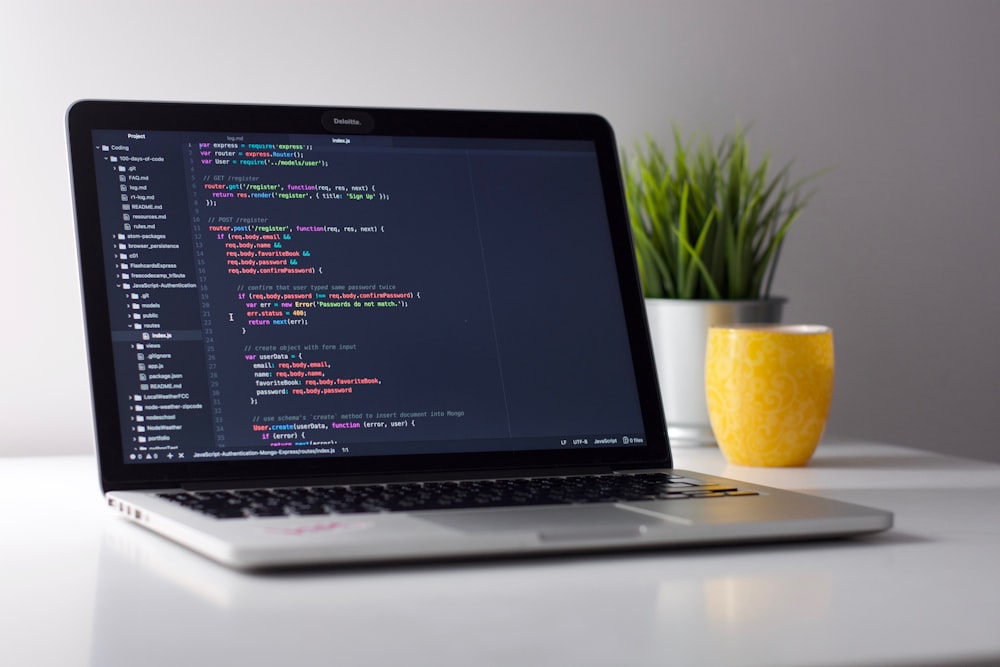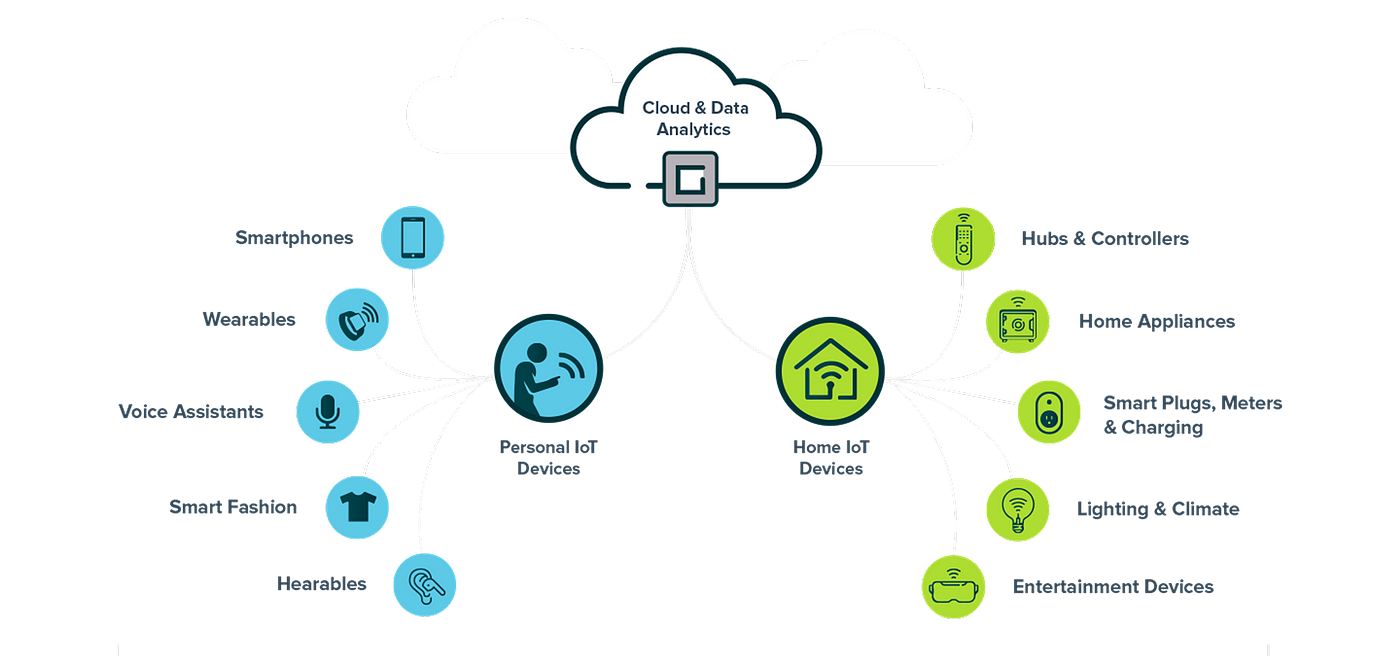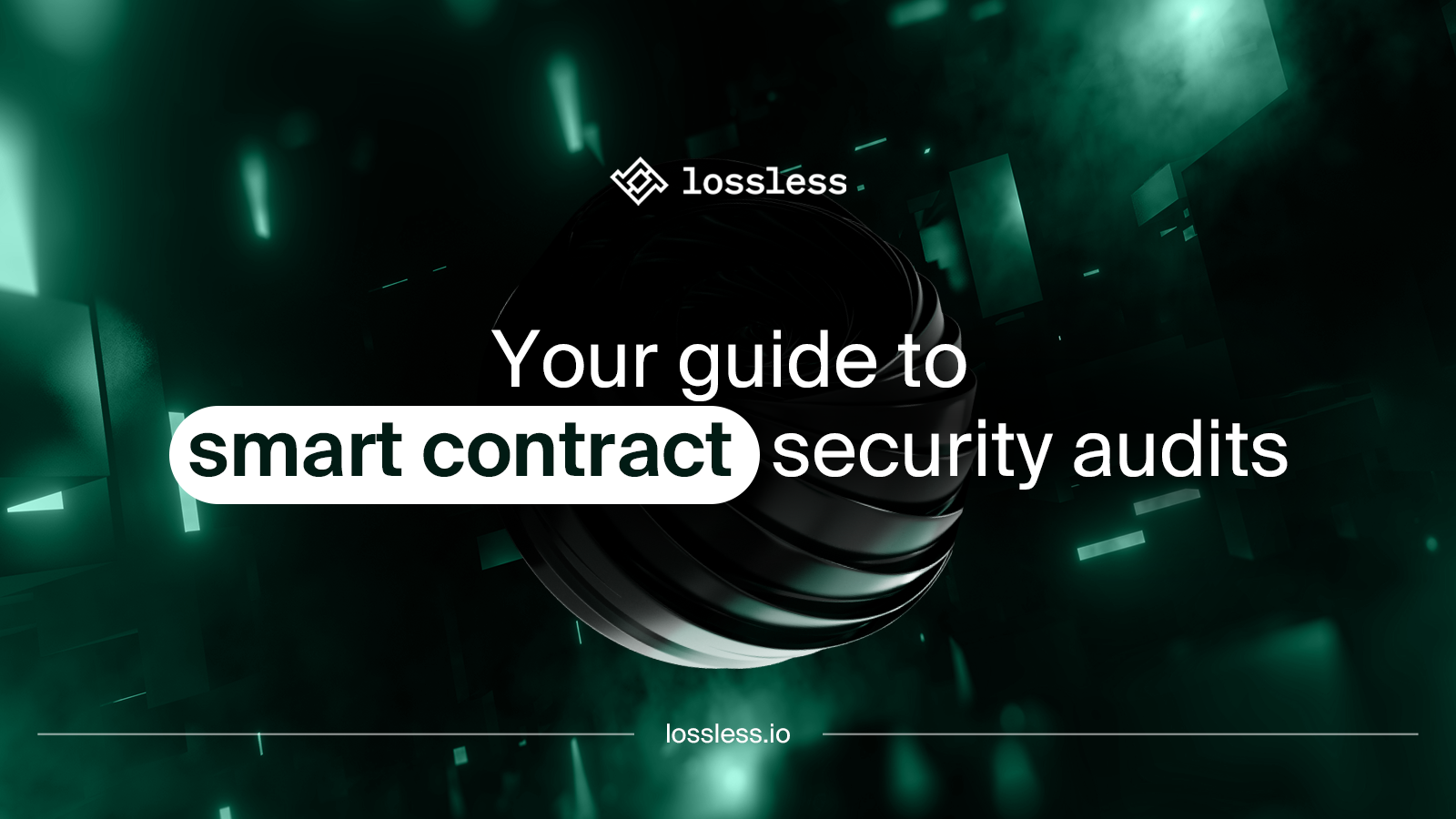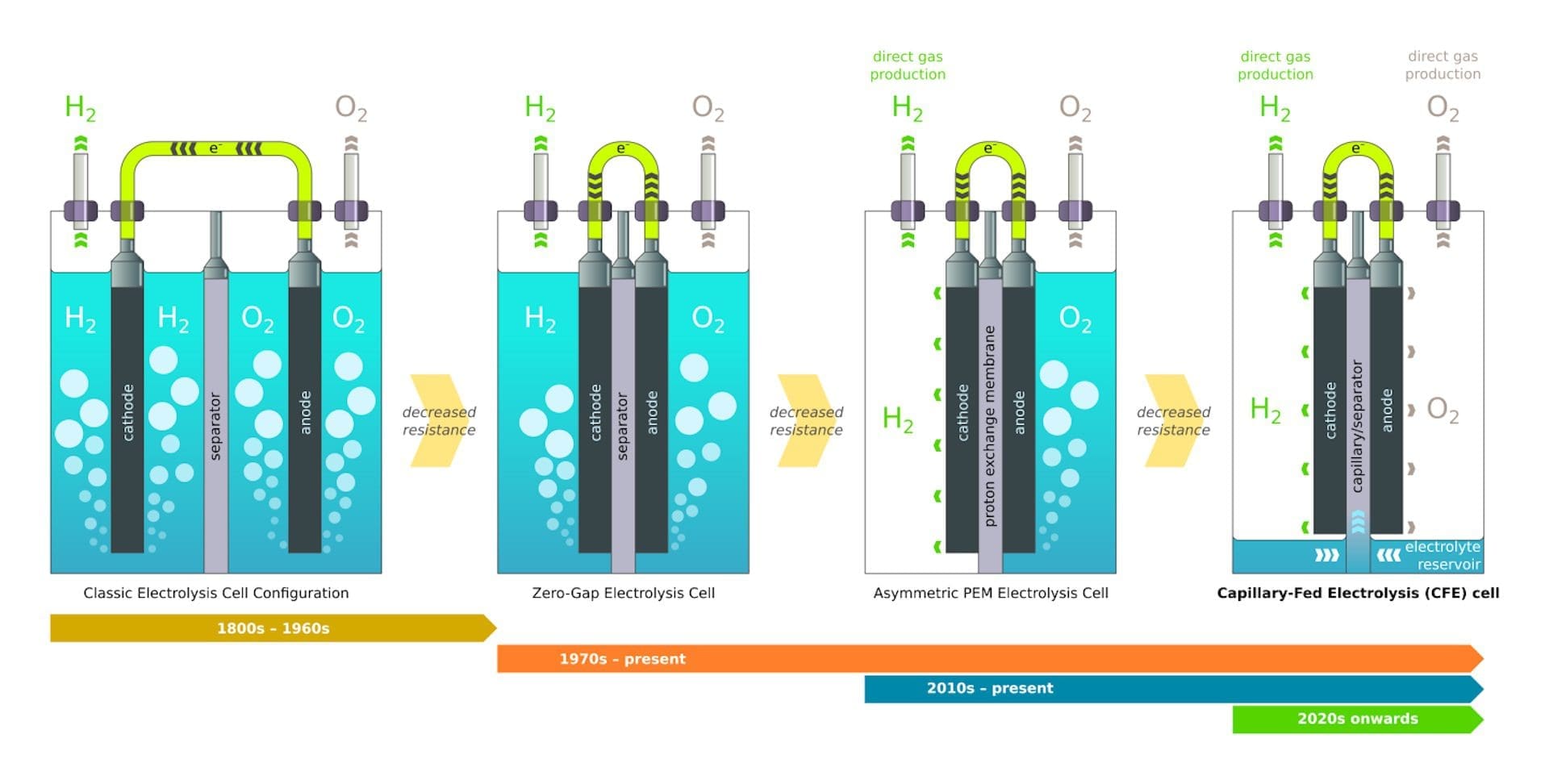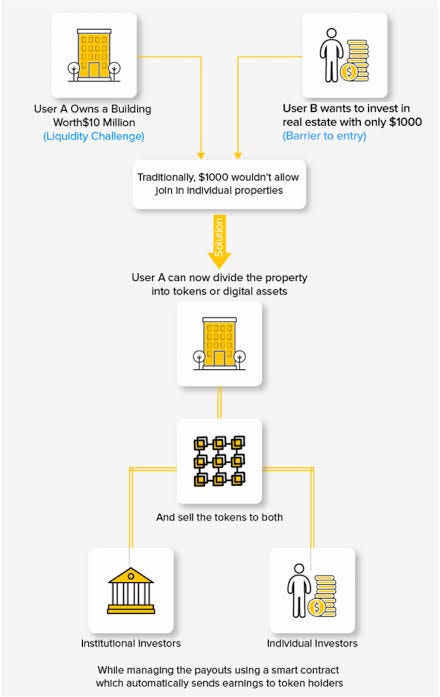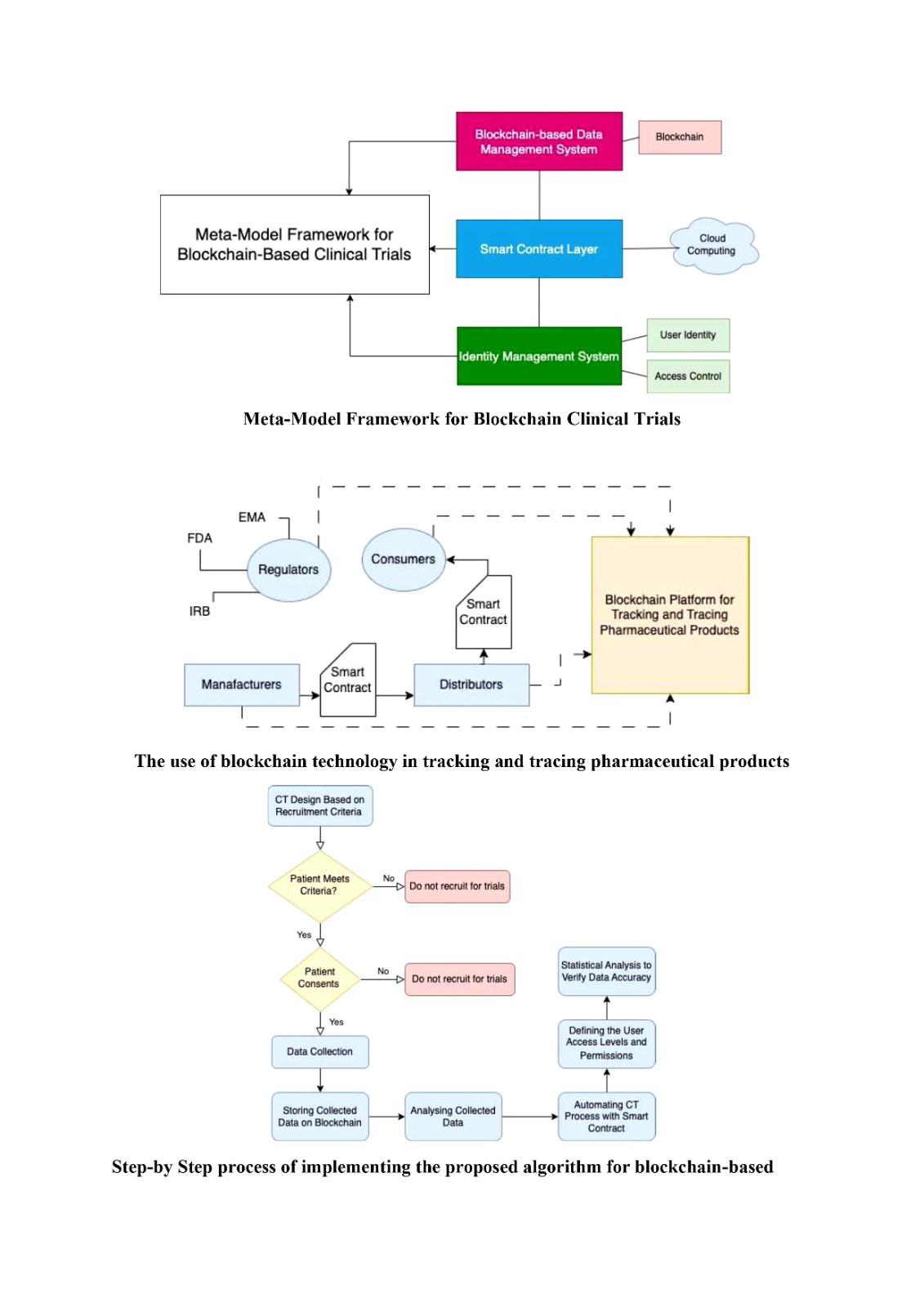
Decoding Blockchains: Forensic Insights and Analysis
Blockchain technology, renowned for its transparency and security, encounters a growing need for forensic analysis. This article delves into the intricacies of blockchain forensic analysis, examining its significance, methodologies, and the pivotal role it plays in ensuring the integrity of decentralized systems.
The Significance of Blockchain Forensic Analysis
Understanding the Need for Investigation
Blockchain transactions, though secure, are not immune to misuse. Blockchain forensic analysis becomes paramount in uncovering fraudulent activities, ensuring regulatory compliance, and maintaining the trust and integrity of decentralized networks.
Preserving Trust in Decentralized Systems
Blockchain’s decentralized nature relies on trust. When illicit activities occur, trust diminishes. Blockchain forensic analysis acts as a safeguard, restoring confidence by investigating and addressing any anomalies or malicious behavior within the blockchain network.
Methodologies in Blockchain Forensic Analysis
Tracing Transactions on the Blockchain
One fundamental aspect of blockchain forensic analysis involves tracing transactions. Forensic experts follow the trail of transactions to identify suspicious or illicit activities, providing a comprehensive view of the flow of assets within the blockchain.
Analyzing Smart Contracts
Smart contracts, self-executing contracts with coded terms, play a crucial role in many blockchain applications. Forensic analysis includes examining smart contracts for vulnerabilities, potential exploits, or any malicious code that may compromise the integrity of the blockchain.
Challenges and Considerations in Blockchain Forensic Analysis
Addressing Anonymity Challenges
Blockchain transactions often provide a degree of anonymity, making it challenging to tie transactions to real-world identities. Blockchain forensic analysts need to navigate this challenge, employing techniques to de-anonymize transactions and trace them back to individuals when necessary.
Ensuring Legal and Ethical Compliance
Blockchain forensic analysis involves handling sensitive information. It is essential for forensic experts to operate within legal and ethical boundaries, ensuring that their investigations comply with privacy regulations and legal standards.
The Role of Blockchain Forensic Analysis in Investigations
Fraud Detection and Prevention
One of the primary roles of blockchain forensic analysis is to detect and prevent fraud. By closely examining transactions and smart contracts, forensic experts can identify patterns indicative of fraudulent activities and implement measures to prevent future incidents.
Regulatory Compliance and Audits
As blockchain technology matures, regulatory scrutiny increases. Blockchain forensic analysis aids in ensuring compliance with existing regulations. Moreover, it provides the necessary documentation and audit trails to demonstrate adherence to regulatory standards.
Empowering Blockchain Forensic Analysis Resources
For a deeper exploration of blockchain forensic analysis and access to valuable resources, visit Blockchain forensic analysis. This resource offers insights, tools, and best practices to empower organizations and individuals in conducting effective forensic analysis within blockchain networks.
In Conclusion
Blockchain forensic analysis is indispensable for maintaining the integrity of decentralized systems. By uncovering fraudulent activities, addressing challenges related to anonymity, and ensuring legal compliance, forensic experts play a pivotal role in preserving trust and security within the blockchain ecosystem. As blockchain technology continues to evolve, so too will the methods and tools employed in forensic analysis, contributing to a more secure and resilient decentralized landscape.







